Jump to Section
- 1. Dogs Need Routine
- 2. Not All Food Is Safe
- 3. Exercise Is Essential
- 4. Training Doesn’t Stop After Puppyhood
- 5. Body Language Matters
- 6. They Understand More Than You Think
- 7. Socialisation Takes Time
- 8. Annual Vet Checks Are Non-Negotiable
- 9. Grooming Isn’t Just About Looks
- 10. Mental Enrichment Matters
- 11. Gear Makes a Difference
- FAQs
1. Dogs Need Routine

Dogs thrive on structure. A regular schedule for feeding, walks, and sleep helps reduce anxiety and supports healthy behaviour. Learn more in our post on Why Routine Is Important for Dogs.
2. Not All Food Is Safe
Chocolate, grapes, onions, and even some nuts can be toxic to dogs. Always check before sharing snacks. Want clarity? See our article: 11 Foods You Must Never Give Your Dog.
3. Exercise Is Essential

Regular walks and playtime support physical health and prevent boredom-driven behaviours. For active dogs, harnesses like our Cordura Exploration Harness make outdoor adventures safer and more enjoyable.
4. Training Doesn’t Stop After Puppyhood
Training is ongoing. Dogs of any age can learn — and often enjoy it. Even simple refreshers like recall or leash manners help strengthen your bond. See our guide: Can You Train an Adult Dog?
5. Body Language Matters

Dogs communicate through posture, tail movement, ears, and eyes. Recognising signs of stress, excitement, or discomfort can help you respond in the right way. Read: Dog Body Language 101.
6. They Understand More Than You Think
Most dogs can learn over 100 words. They also pick up on tone, gestures, and emotional energy. Discover what they comprehend in: 100 Words Dogs Understand.
7. Socialisation Takes Time

Early and ongoing socialisation helps build confidence — but it’s never too late. For shy or reactive dogs, go slow and keep experiences positive. See: How to Socialise a Shy Dog.
8. Annual Vet Checks Are Non-Negotiable
Even if your dog seems healthy, yearly checkups are essential for catching issues early. It’s also when they'll get important vaccines and dental checks.
9. Grooming Isn’t Just About Looks

Brushing, nail trimming, and ear checks aren’t just for aesthetics — they’re health essentials. Regular grooming helps prevent matting, infections, and more.
10. Mental Enrichment Matters
Brain games, scent work, and learning tricks reduce stress and prevent behavioural issues. A mentally tired dog is a happy dog.
11. Gear Makes a Difference
Choosing the right harness, collar, and walking gear improves safety and comfort. Check out our bestselling Custom Canine Harness — durable, secure, and fully customisable.
FAQs
What should I prioritise as a new dog owner?
Focus on routine, positive training, quality food, and bonding. A calm environment and clear structure go a long way.
How often should I exercise my dog?
Most dogs benefit from 30–90 minutes daily. Breed, age, and health all play a role. Split into walks and play sessions when possible.
Do all dogs need grooming?
Yes. Even short-haired breeds benefit from brushing, ear checks, and nail trims. Grooming supports health and comfort.
What’s the best way to train my dog?
Positive reinforcement is key. Reward good behaviour, be consistent, and keep sessions short and upbeat.
When should I take my dog to the vet?
At least once a year for a checkup — more often for puppies, seniors, or dogs with health issues.



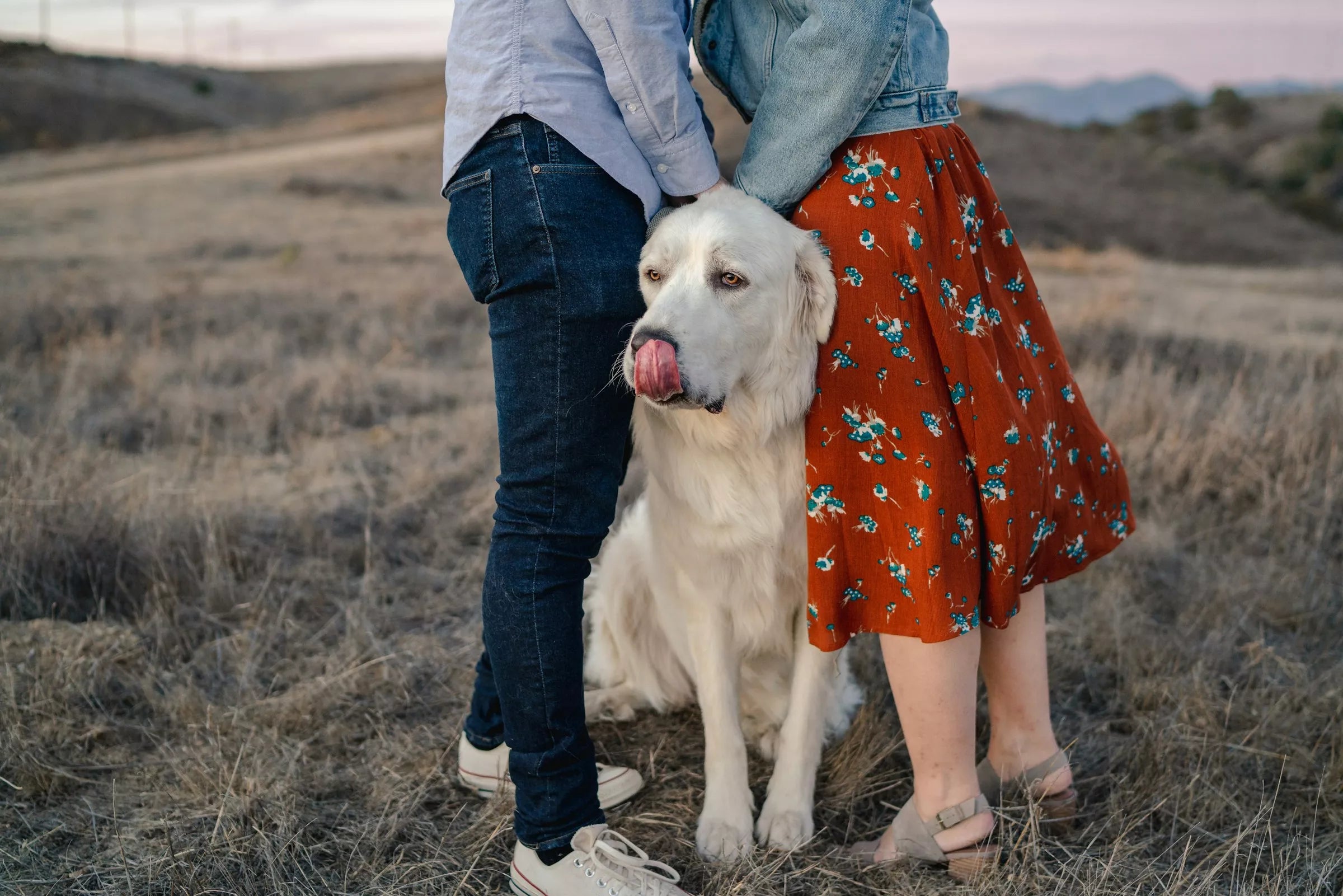
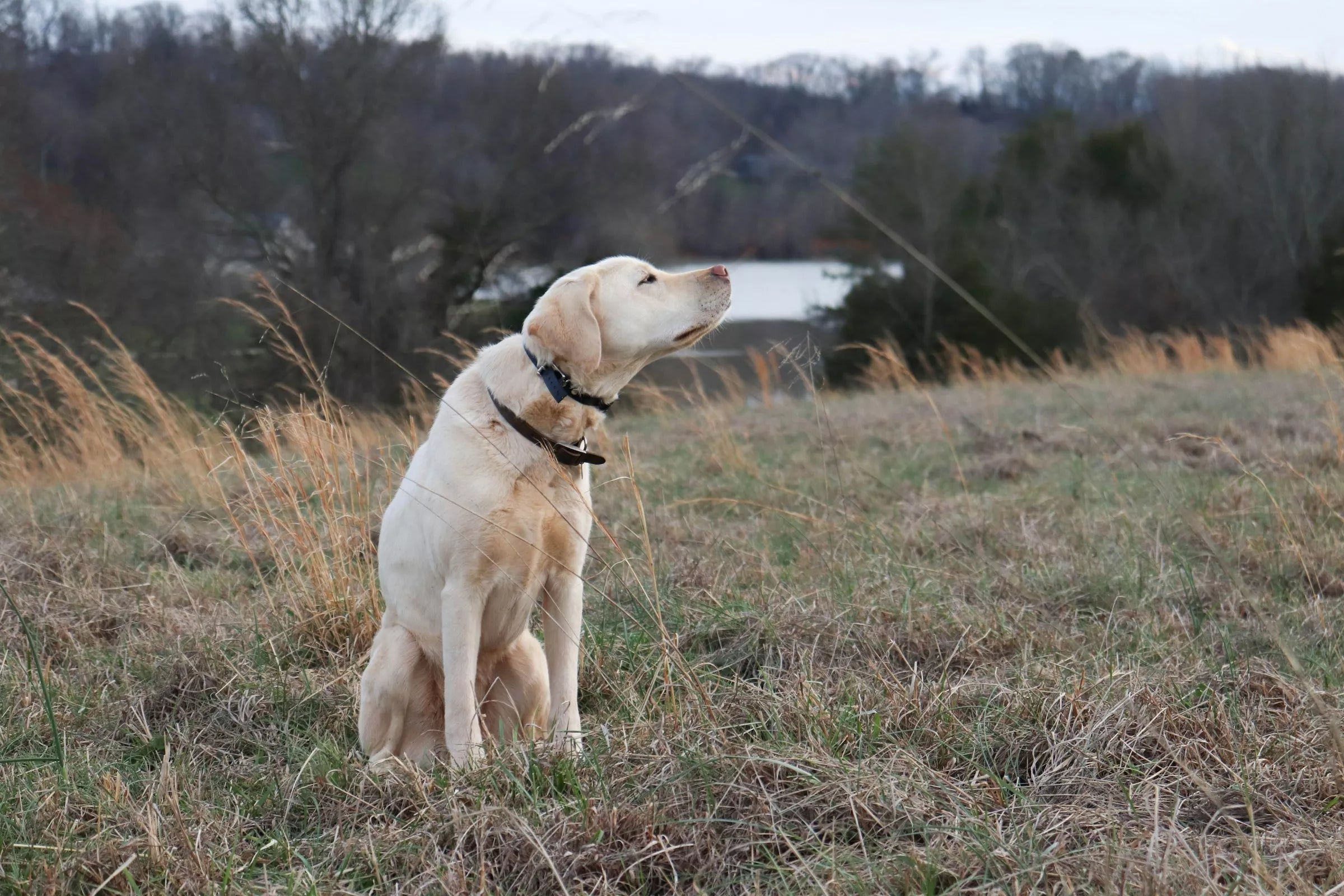
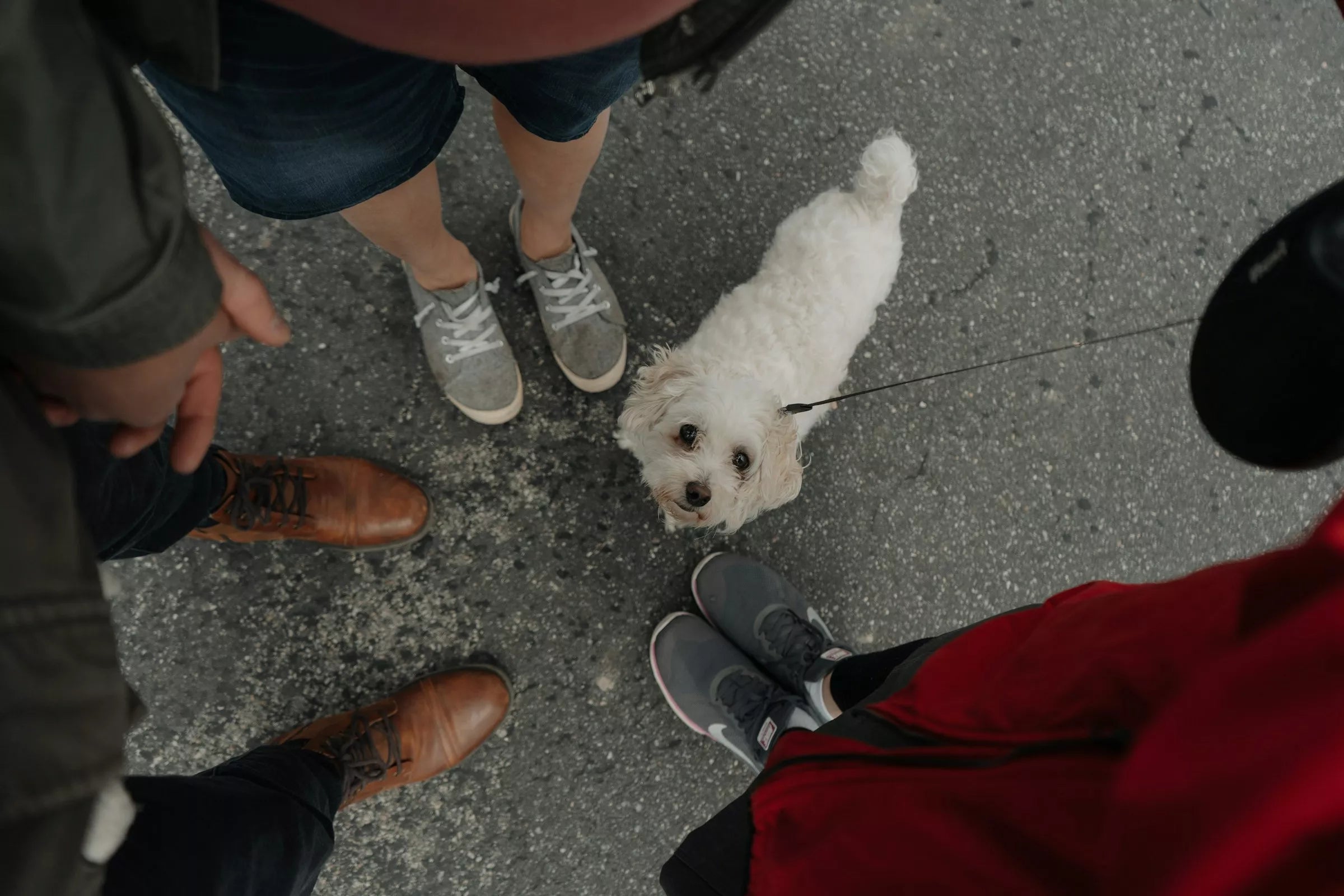
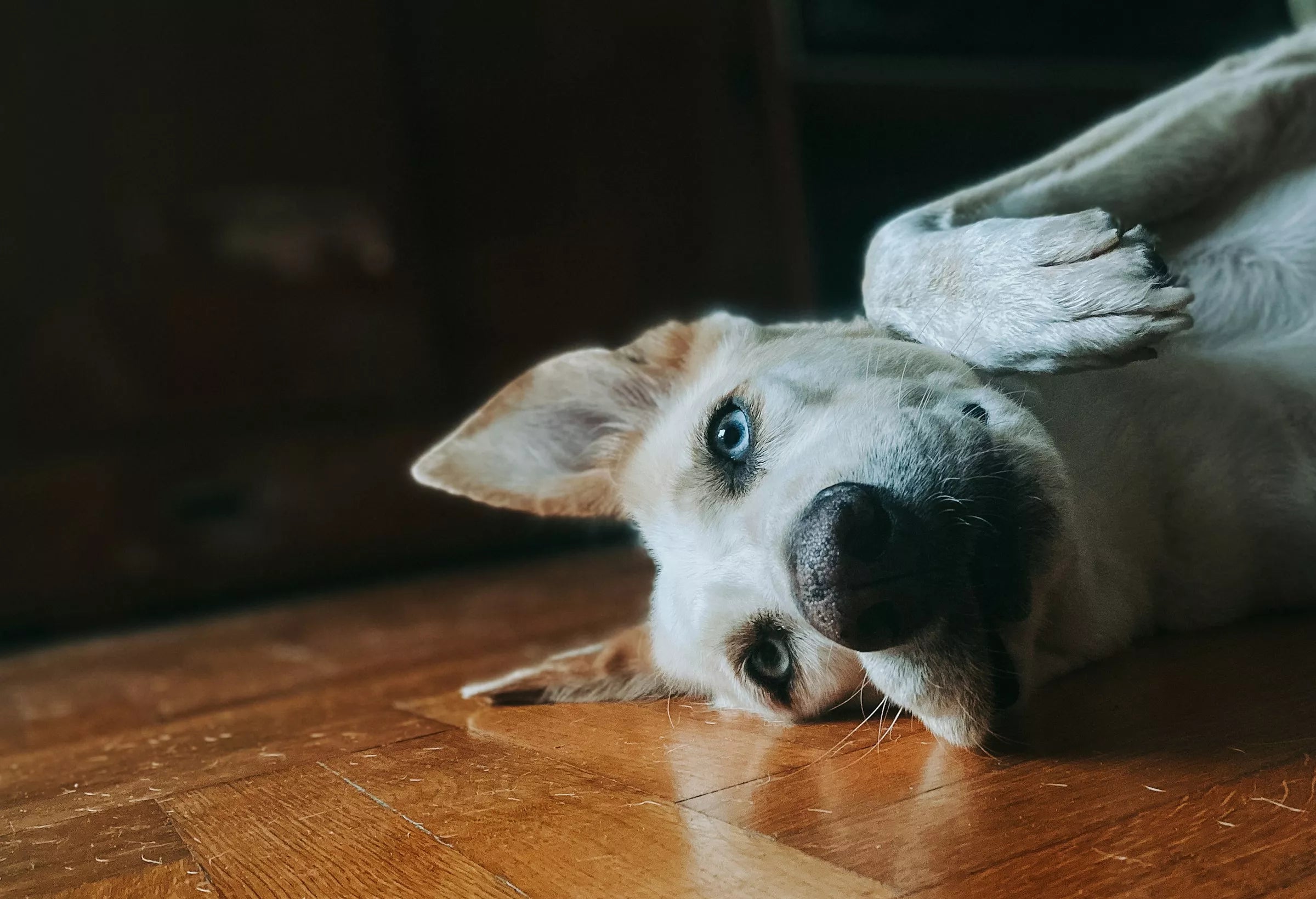

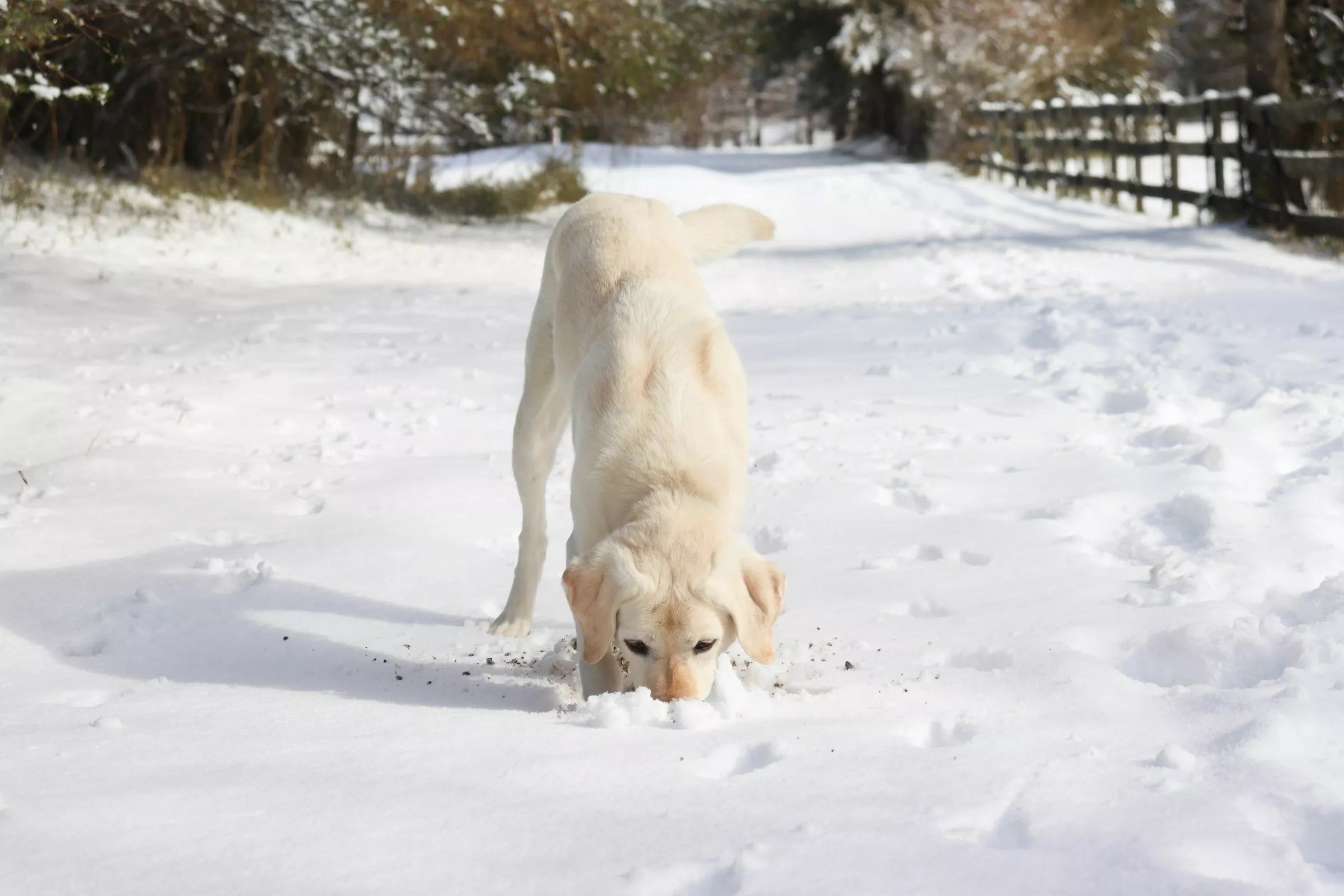






Share:
How to Find the Right Dog Playdate
How to Keep Your Dog Safe During Summer Heatwaves